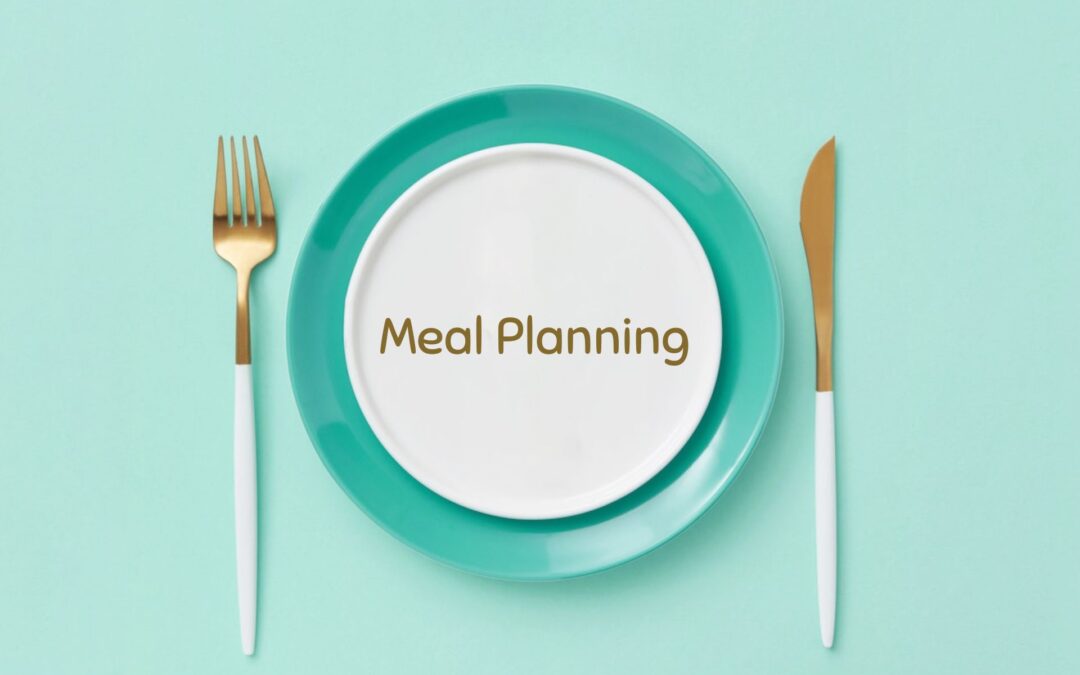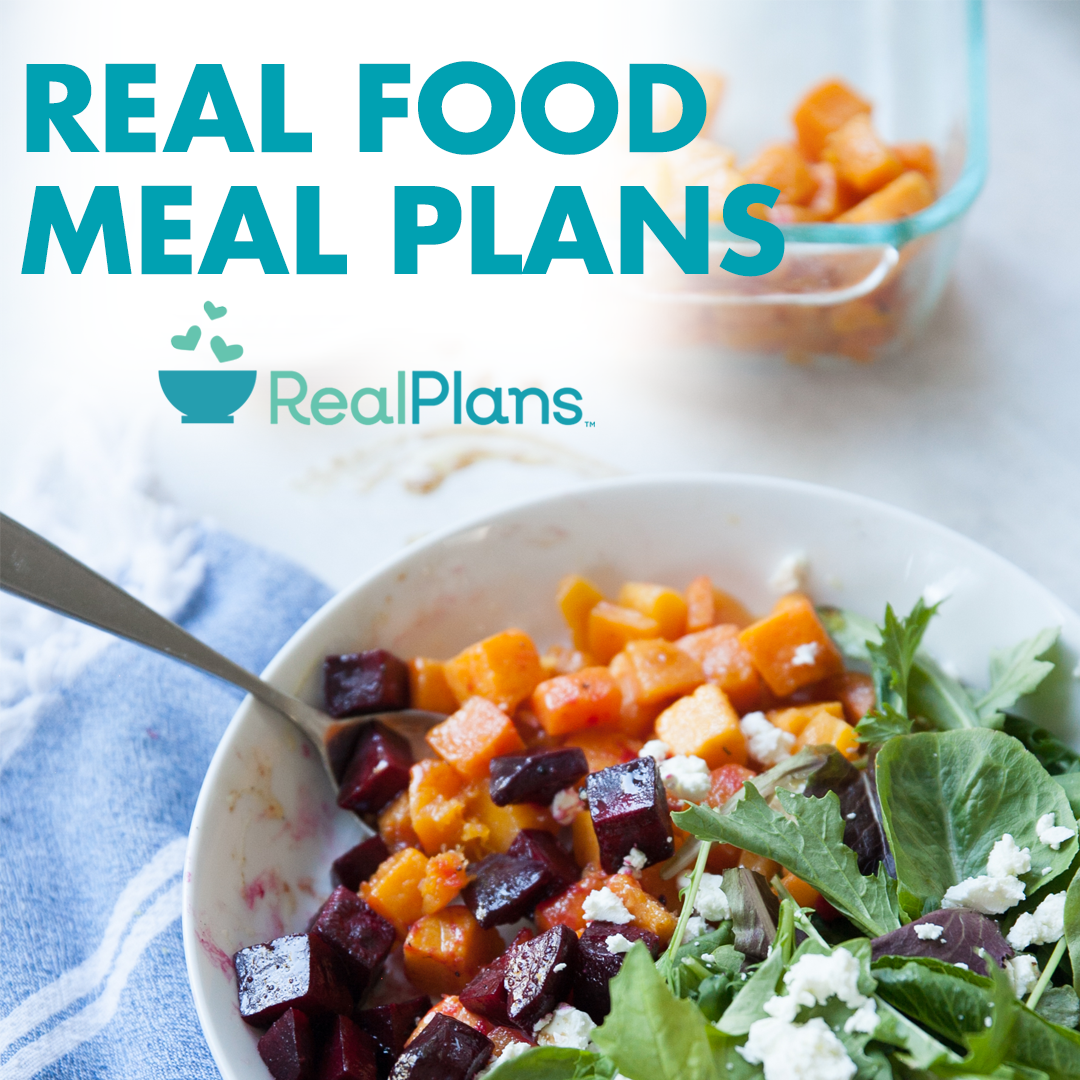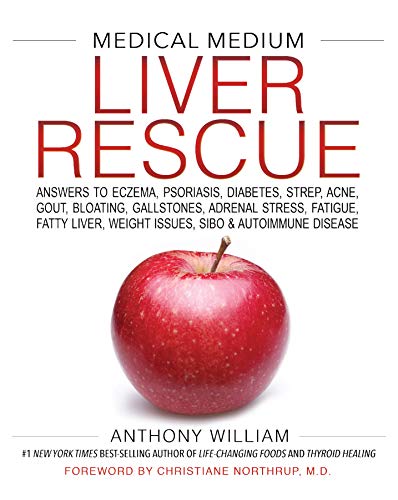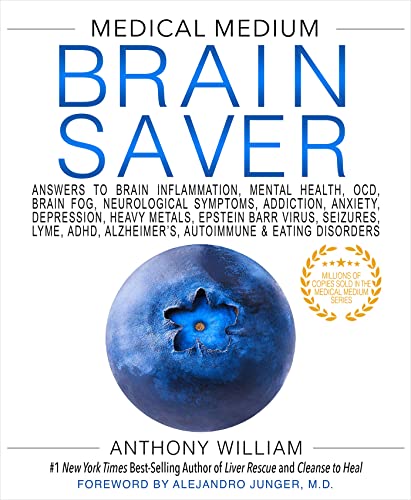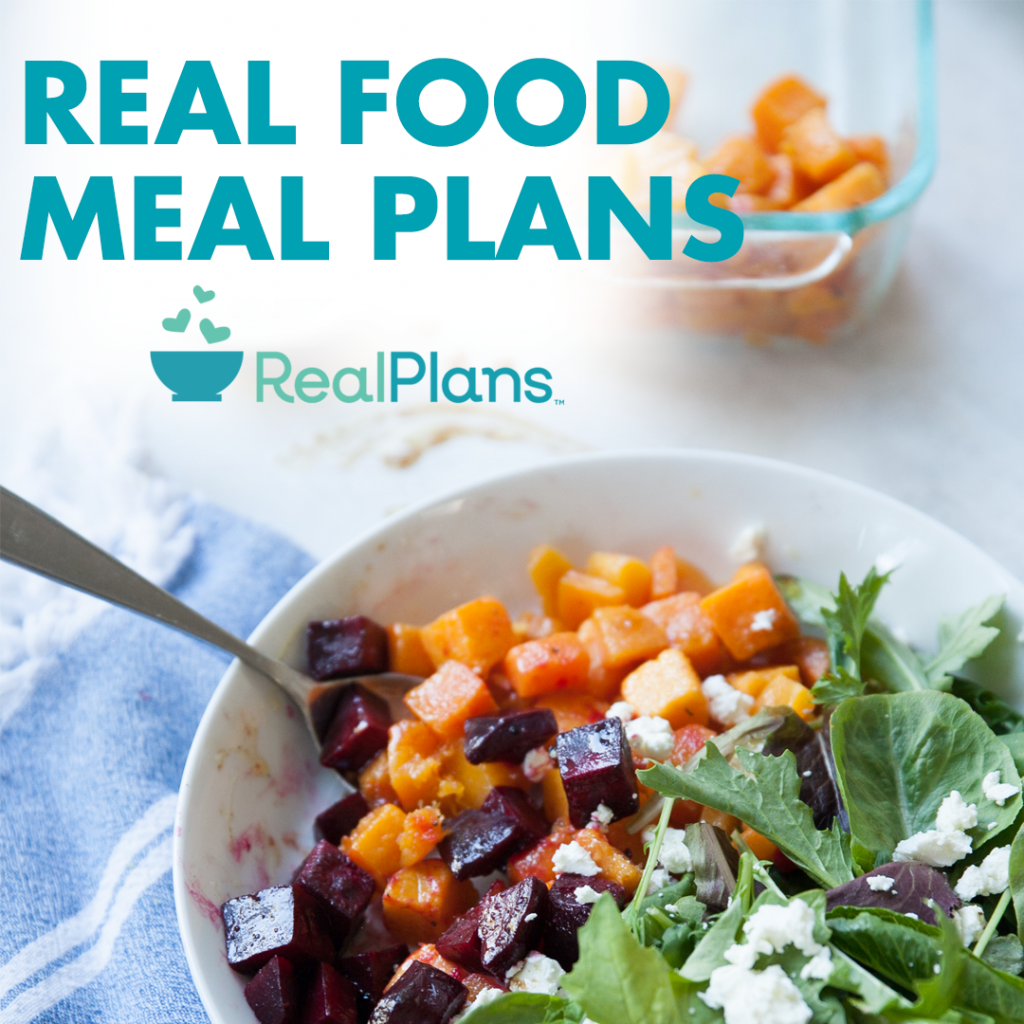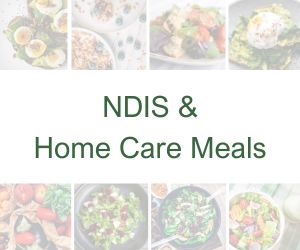Are you trying to make healthy dietary changes, but life just gets in the way? Then meal planning may be the solution.
Meal planning isn’t just a strategy that can help you manage your weight. And it doesn’t have to be complicated or time-consuming either. Truth is, meal planning makes life easier, especially if you’re busy!
To find out more about what meal planning can do for you, let’s have a look at the benefits and how to get started.
Benefits of Meal Planning:
1. Eat healthier. You’ll probably make smarter choices when you decide what to eat in advance. Design meals and snacks focused on whole foods and balanced nutrition.
2. Reduce food waste. We, as a society, still have a lot of food going to waste. In addition to lowering your grocery bills, you’ll also be helping the environment.
3. Cut costs. Meal planning can save you money in other ways too. When you know which products you need to buy, you can compare prices in advance to see which stores have the best prices on different items. Take advantage of weekly sales.
4. Save time. While you may spend some time planning at first, it’s likely you’ll make up for that time. Imagine no more last-minute trips to pick up something for dinner and having ingredients on hand for any recipe.
5. Eliminate stress. Do you feel a sense of dread when your kids ask what’s for dinner, or you’re staring inside your pantry wondering what you’re going to eat? Maybe you’ll feel more relaxed knowing that’s one task you’ve crossed off on your to-do list for the rest of the week.
6. Manage chronic conditions. Sticking to a recommended diet may help relieve pain and discomfort. For example, if you have diabetes, eating similar portions at the same time each day will help stabilise your blood sugar levels. You’re also less likely to opt for unhealthy foods as a quick fix because you’re feeling ‘hangry’.
Succeeding at Meal Planning:
- Check your calendar. Create a schedule that works for you. Perhaps you want to experiment with new and challenging recipes on weekends. Or maybe you need a pre-prepped option from the fridge or freezer that you can heat up for the days that you return home late.
- Take inventory. Find out which products you already have on hand that are starting to reach their ‘use-by’ date, or vegetables that are starting to wilt (or less than their prime), so you can find recipes to use them. Check your pantry and freezer too.
- Make a list. Now, you’re ready to visit the grocery store to get only the items that you really need. Shopping with a list will help you remember what you need and avoid impulse buys.
- Stock your pantry. Fill your pantry and freezer with non-perishable items that you’ll use often. Some basic staples include pasta, rice, legumes, olive oil, and baking supplies. Learn how to store foods in a way that maximises their life and buy containers that keep things airtight.
- Equip your kitchen. Cooking is much easier when you have the appropriate tools. Purchase equipment that will make your life easier in the kitchen based on your needs. They may include items such as a food processor, a mixer, a slow cooker, or a high-quality set of knives.
- Enjoy leftovers. Prepare meals in larger batches so you have leftovers. Roast a chicken for dinner and use leftovers to make sandwiches for lunch. Cook a big pot of pasta sauce, soup, stew, or minestrone and freeze some for later.
- Use technology. Explore websites and apps that speed up the process. Browse for meal planning templates online. Subscribe to services that will send you recipes based on your preferences.
- Be flexible. Meal planning is more effective when you customise it for you. Be realistic about your available time and cooking skills. You can start small and work your way up.
Once you start meal planning, you may wonder how you lived without it. Taking a more strategic approach to food shopping and preparation can help you eat healthier, whilst also saving you time and money.

